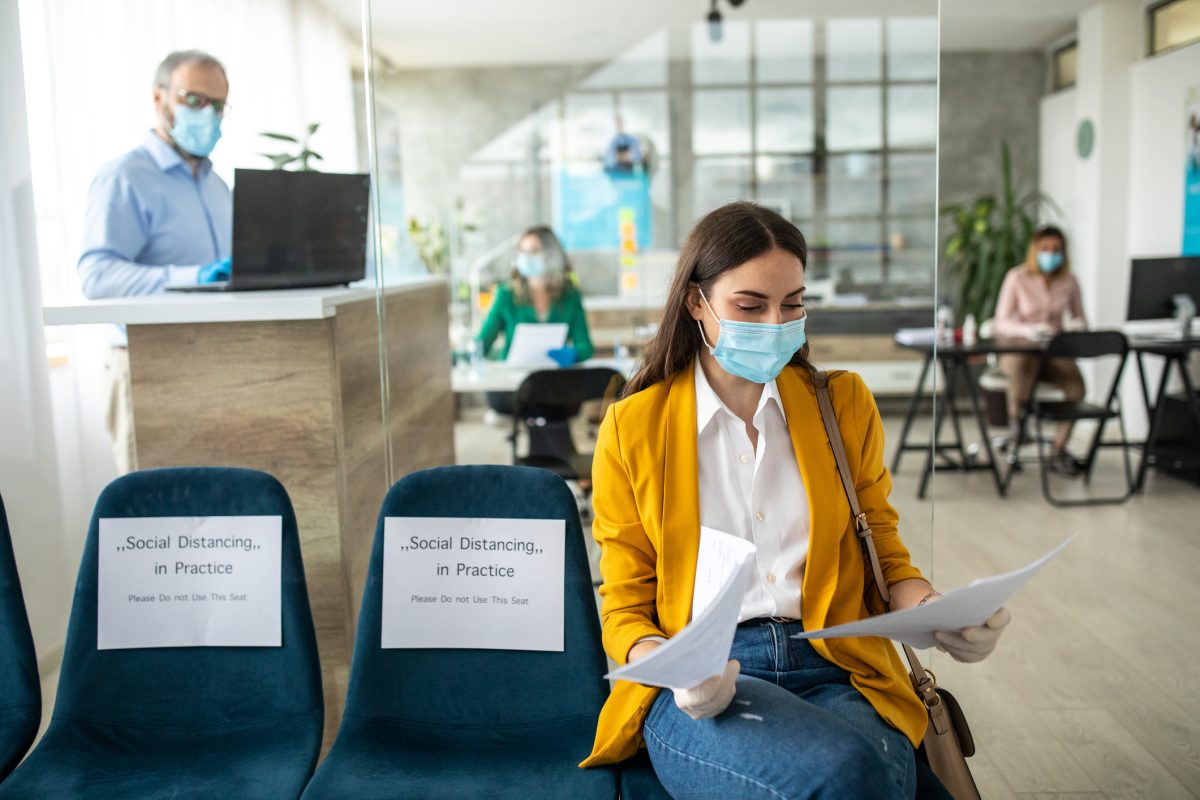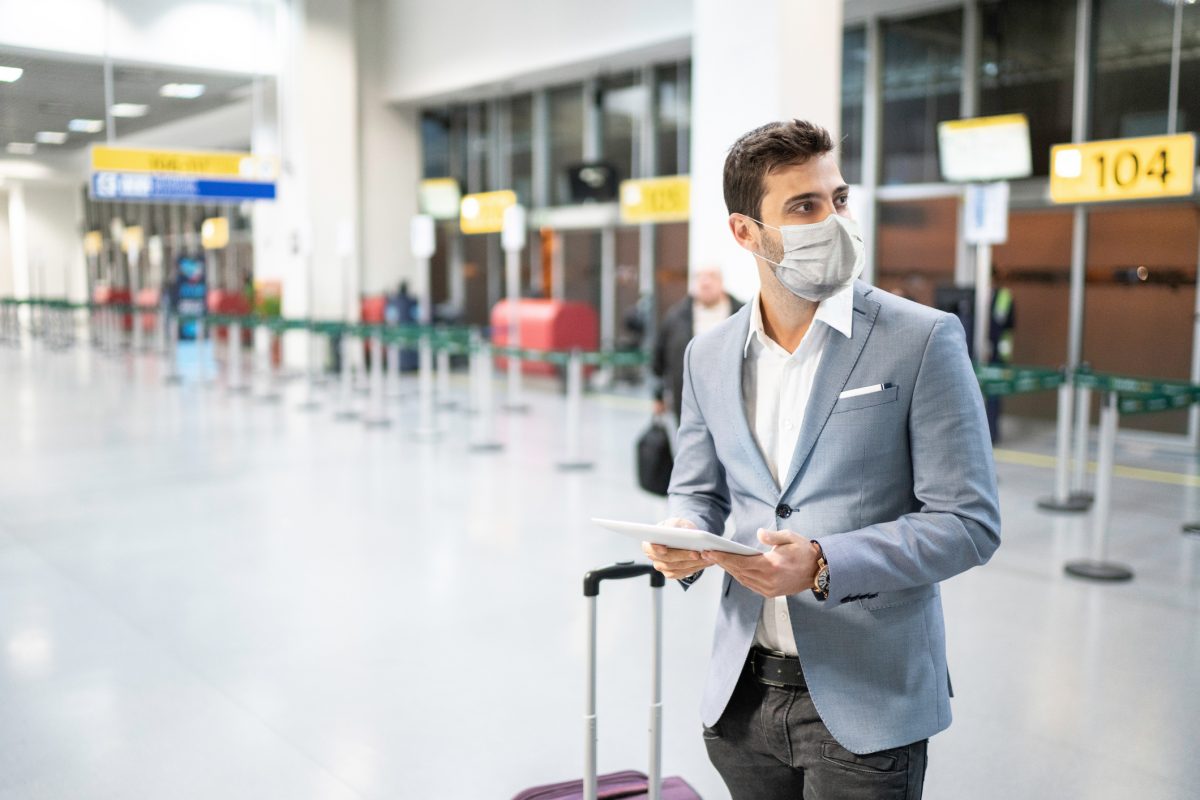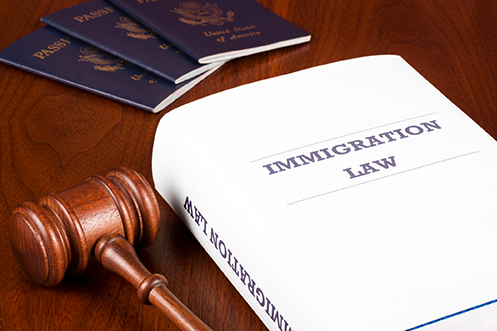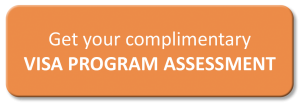Stay in the know about relocation services
In today’s relocation and talent mobility sector, there is a growing concern about unexpected risks related to relocation policies. These risks cover a range of areas, such as tax implications, cyber security threats, employee well-being, and other essential factors. It is crucial to comprehensively understand these risks and how they could affect your organization’s relocation program.
As organizations navigate the ever-changing landscape of relocation and talent mobility, staying informed about the top risks that could impact your relocation policies is essential. By being aware of potential tax implications, cyber security threats, and employee well-being concerns, you can proactively address these risks and ensure a smooth relocation process for your employees.
One key factor to consider is the impact of tax implications on your relocation policies. Changes in tax laws and regulations can significantly impact the cost of relocating employees and the overall budget for your relocation program. By staying up-to-date on tax laws and seeking guidance from tax experts, you can mitigate the risk of unexpected tax liabilities and ensure compliance with all relevant regulations.
Another substantial risk to consider is cyber security threats. With the increasing reliance on technology for managing relocation programs, organizations are vulnerable to cyber attacks that could compromise sensitive employee data. You can protect your organization and employees from potential data breaches by implementing robust security measures, such as encryption and multi-factor authentication.
Employee well-being is also critical to consider when assessing relocation policy risks. Relocating employees may experience stress, anxiety, and other challenges during relocation, impacting their productivity and overall well-being. By providing support services, such as counseling and relocation assistance, you can help employees navigate relocation challenges and ensure a successful transition to their new location.
In conclusion, understanding and addressing the top risks related to relocation policies is essential for ensuring the success of your organization’s relocation program. By staying informed, implementing security measures, and prioritizing employee well-being, you can mitigate risks and create a positive employee relocation experience.
Top 5 Relocation Policy Risks Your Company is Facing Today
1. “Work from Anywhere” Policy Risks: Possible Looming State Tax Issues
At the start of the pandemic in the US, many companies hastily arranged to allow employees to work from home. While this solution had apparent safety and cost savings benefits, unintended consequences became apparent.
- Employee Taxes: Many employees living and working across state lines may have additional state tax and reporting obligations.
- Employer Taxes: Work from Anywhere policies essentially resulted in a corporate relocation, often involving the employee, office equipment, and company records.
While this unforeseen complication is being considered in the courts, companies should examine the impact and implications of this corporate relocation on the employer and the employees. Consideration should be given to the impact on payroll tax withholding and reporting obligations. State tax issues could have ramifications for new hires, transferees, employees suddenly working from home, and employers.
2. Cyber Security Policy Risks: Phishing versus Vishing
Another year, another new cyber threat. With more employees working from home, organizations have faced new security challenges. Vishing is the latest threat, a verbal form of phishing. With vishing, a scammer might masquerade as a computer technician from the company’s IT team and call an employee to inquire about their computer setup. By asking a few critical questions of the unsuspecting employee, the scammer can now suddenly enter the company’s data system.
Understanding the risks that both phishing and vishing present to employees working remotely is important to employers. With some companies now working 100% remotely, employees working remotely should be considered a possible risk for these scams. Robust security policies and training adapted for the new normal should be weighed and implemented.
3. Travel Policy Risks: Guidance, Changes, and Emergencies
The idea that “change is a constant” is easily applied to travel. Travel has become more complicated with new guidance, bans, and updates daily. Frequent changes to travel policies and rules impact companies’ ability to attract talent, relocate employees, and conduct business. The challenges associated with travel are applicable not only internationally but also domestically.
At any point, one state may require something new from travelers arriving from another state. Various borders between countries may be subject to restrictions or closures, generating emergency repatriation requests. Agencies such as the U.S. State Department or the U.S. Centers for Disease Control and Prevention (CDC) might revise previously stated guidelines.
Employers should recognize a duty to provide updated information and guidance for all traveling employees. Correct information and advice will help employees better understand how to travel safely during the pandemic.
4. Immigration Policy Risks: Nearshoring may be an Option
COVID-19 has resulted in border restrictions and closures, which, in turn, impact immigration. However, other efforts in the immigration system further dampen an employer’s ability to hire global talent. One solution is the concept of “nearshoring.”
By leveraging a location in Canada or some other nearby country, a company can hire foreign talent and bring them near to the US. Often, this helps the new hire acclimate to life in North America. Future changes in the immigration system may allow them to enter the US at a later date. Relocation policies should be reviewed, along with consultation with a qualified visa and immigration expert, to account for alternative options such as nearshoring.
5. Health and Safety Compliant Providers: Ensuring Safety Policies are in Place
It should not come as a surprise that, during a global pandemic, companies must ensure enhanced health and safety policies are in place for their employees. All relocation services provided during a move should be analyzed for policy risks to help minimize exposing their employees and families to the dangers of COVID-19.
Top-rated Relocation Management Companies, like Global Mobility Solutions (GMS), regularly work with their supplier networks to ensure the latest guidance from officials (like the CDC) is observed and incorporated into their operations. Appropriate social distancing, regular hand washing, face coverings, and virtual relocation services are vital in protecting our client’s employees and the team members assisting with the relocation.
What Should Companies Do for Relocation Services?
Employers should schedule a relocation policy review with a trusted mobility expert to identify how this article’s top 5 policy risks may affect aspects of their relocation program. By working with an experienced relocation management company, organizations can leverage the mobility provider’s expertise in benchmarking their policies and identifying areas that will reduce the risks of COVID-19 on their relocating employees and their families.
GMS’ team of global relocation experts has helped thousands of organizations understand how to develop relocation policies that provide the best experience for new hires, transferees, and their family members. Our team can help your company understand how to review your relocation policy and address issues relating to the top 5 policy risks outlined above. As a result, your company will be able to remain competitive in its industry. It will also continue to attract the best candidates for job openings.
Contact our experts online to schedule a complimentary relocation policy review, or call us at 800.617.1904 or 480.922.0700 today.
We're Here to Help! Request a Courtesy Consultation
Are you ready to talk to a Mobility Pro? Learn how GMS can optimize your mobility program, enhance your policies to meet today’s unique challenges, receive an in-depth industry benchmark, or simply ask us a question. Your Mobility Pro will be in touch within 1 business day for a no-pressure, courtesy consultation.










